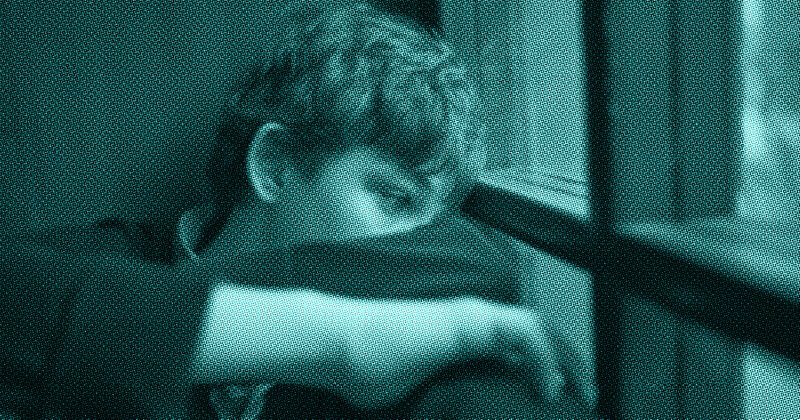I missed this Schools Week article when it came out at the beginning of October. I’m always uncomfortable with tabloid approaches to serious problems, and this is no exception. The largely unattributed quotes in this piece about practice in some ‘unregistered’ APs demand the reader’s outrage. Who would not be scandalised by accounts of children ‘taking knives out’ and APs which ‘cross the line into child labour’?
In my experience working in AP for many years, incidents that these purport to be describing are incredibly rare. I suspect there may be a misrepresentation and/or misunderstanding here; there is an imperative for alternative practitioners to manage risk so that children who have been marginalised in mainstream settings can experience inclusion in wonderful opportunities for learning and for enjoying being alive; this may not be obvious to the casual onlooker.
By way of illustration I want to share with you a true story about a young person I worked with in AP.
Liam (not his real name) was a looked after child who had experienced 2 failed adoptions and numerous broken foster placements by the time he reached us. Liam is an intelligent person who was living with the effects of acute developmental trauma; in mainstream school staff found his behaviour problematic, hence his referral to the setting where I was working at the time.
One day, a matter of weeks after Liam had joined the AP, my safeguarding trustee, Sheila, was on site and asked Liam if he would mind talking to her about how he was feeling since starting at the AP. Liam agreed and they chatted. Some very interesting things emerged out of that conversation.
When Sheila asked Liam if he felt safe at the AP he said that he did. When Sheila asked if he could say why he thought that was, one of the things he said was ‘They let me cook and climb here, I’d never have been allowed to do that at school’. Of course, in order that Liam could use knives and naked flames, and could take part in climbing wall activities, there were rigorous risk assessments in place, but these were plans which allowed Liam to feel that he was trusted to do the right thing.
It has always stayed with me that for children who have struggled for inclusion, safety entails carefully managed risk on the part of the adults, and the experience of self-agency this confers on the child.
When careless journalists deploy anecdotes guaranteed to stoke reactionary fervour, they risk missing the complexity of issues faced by alternative practitioners every day.
Dr Catherine Brennan, founding member ALIGN

